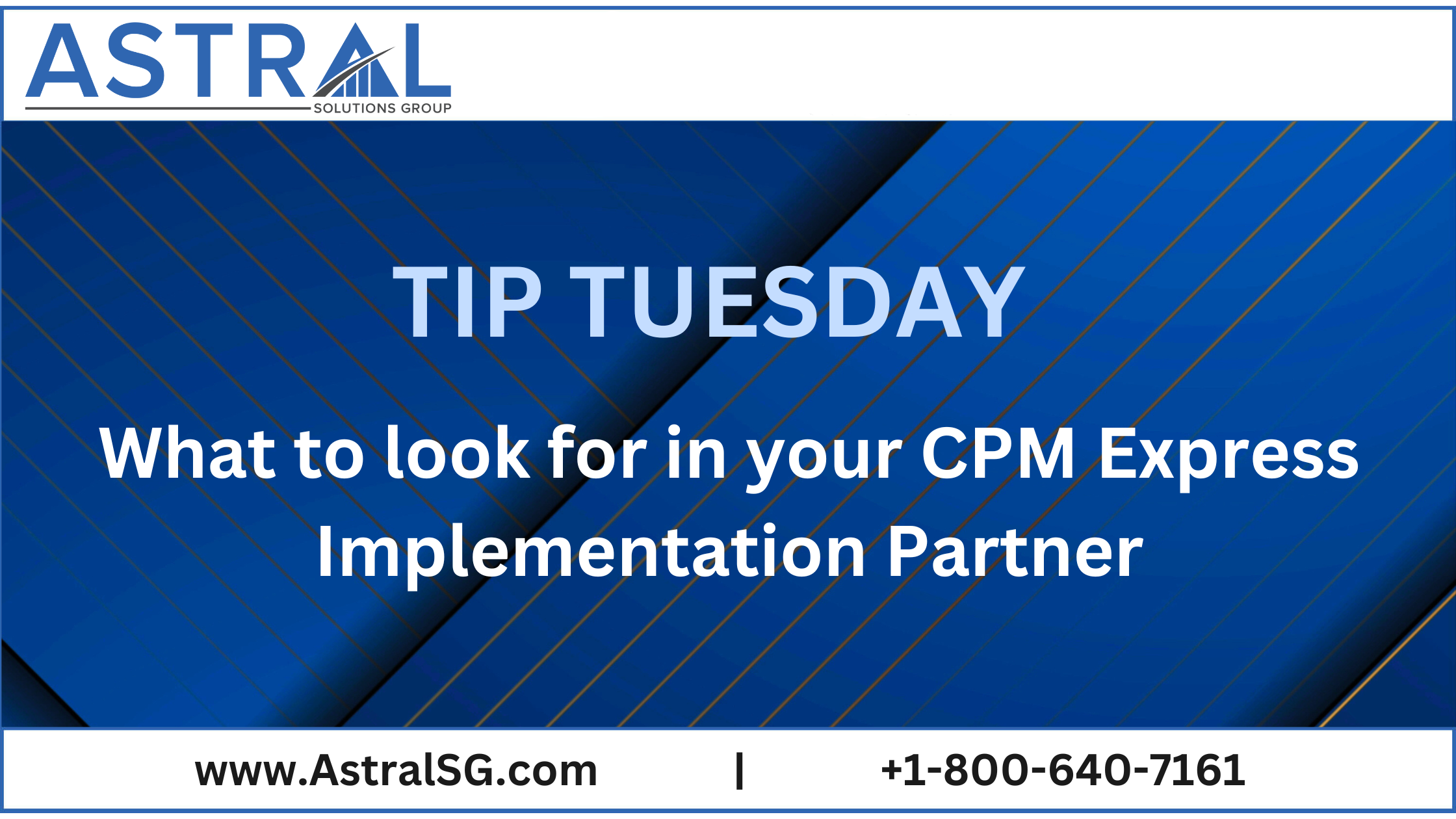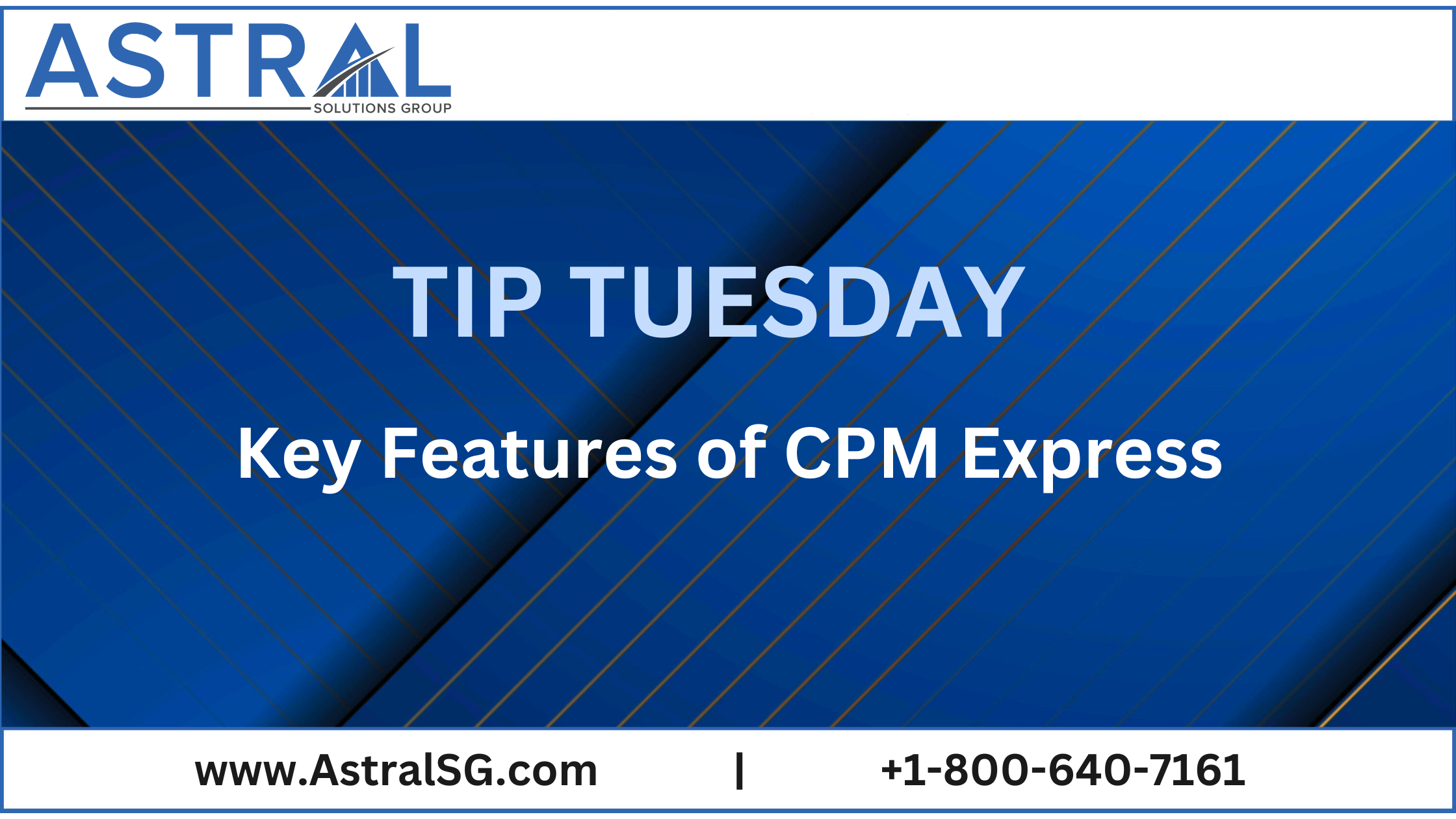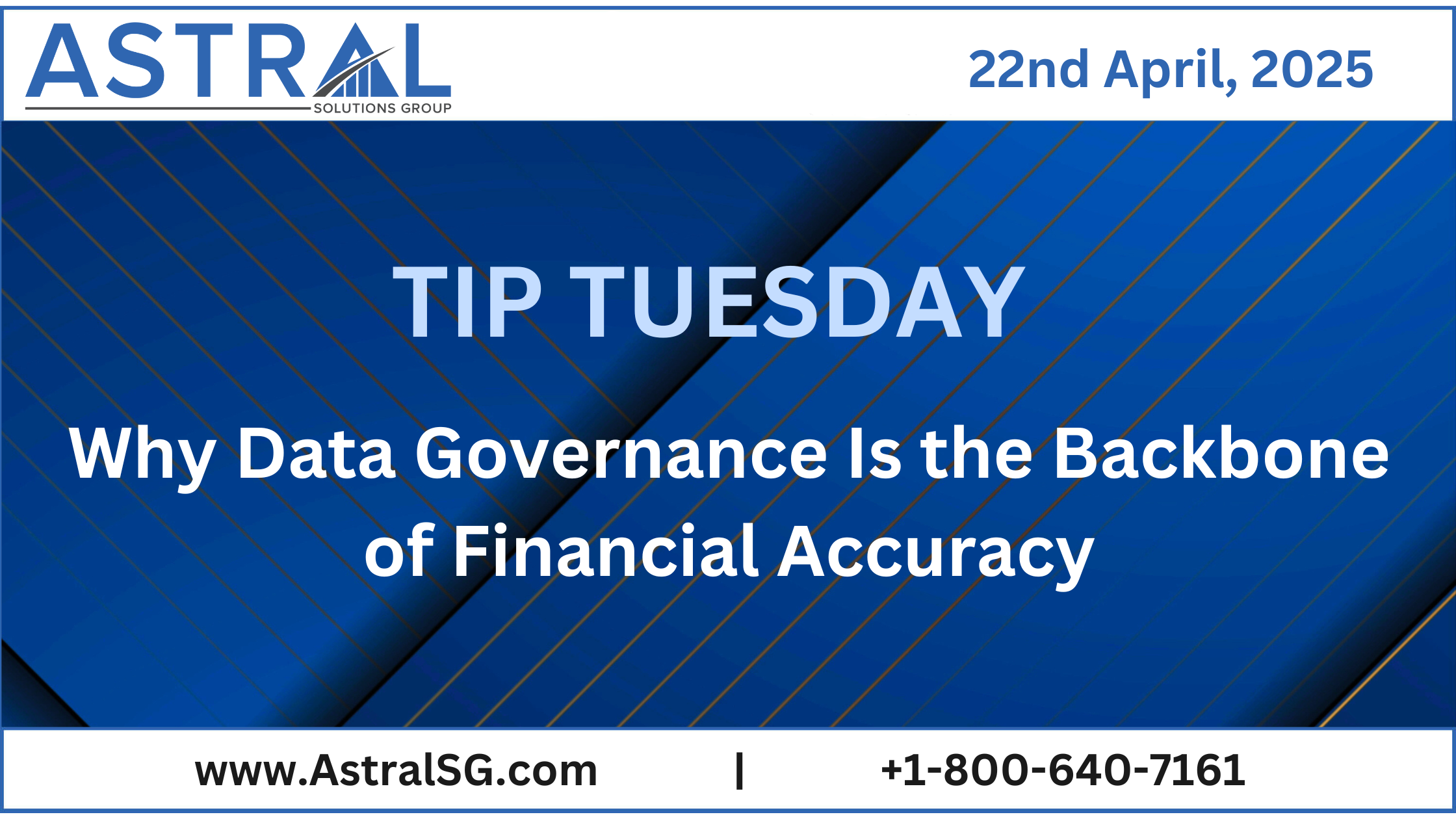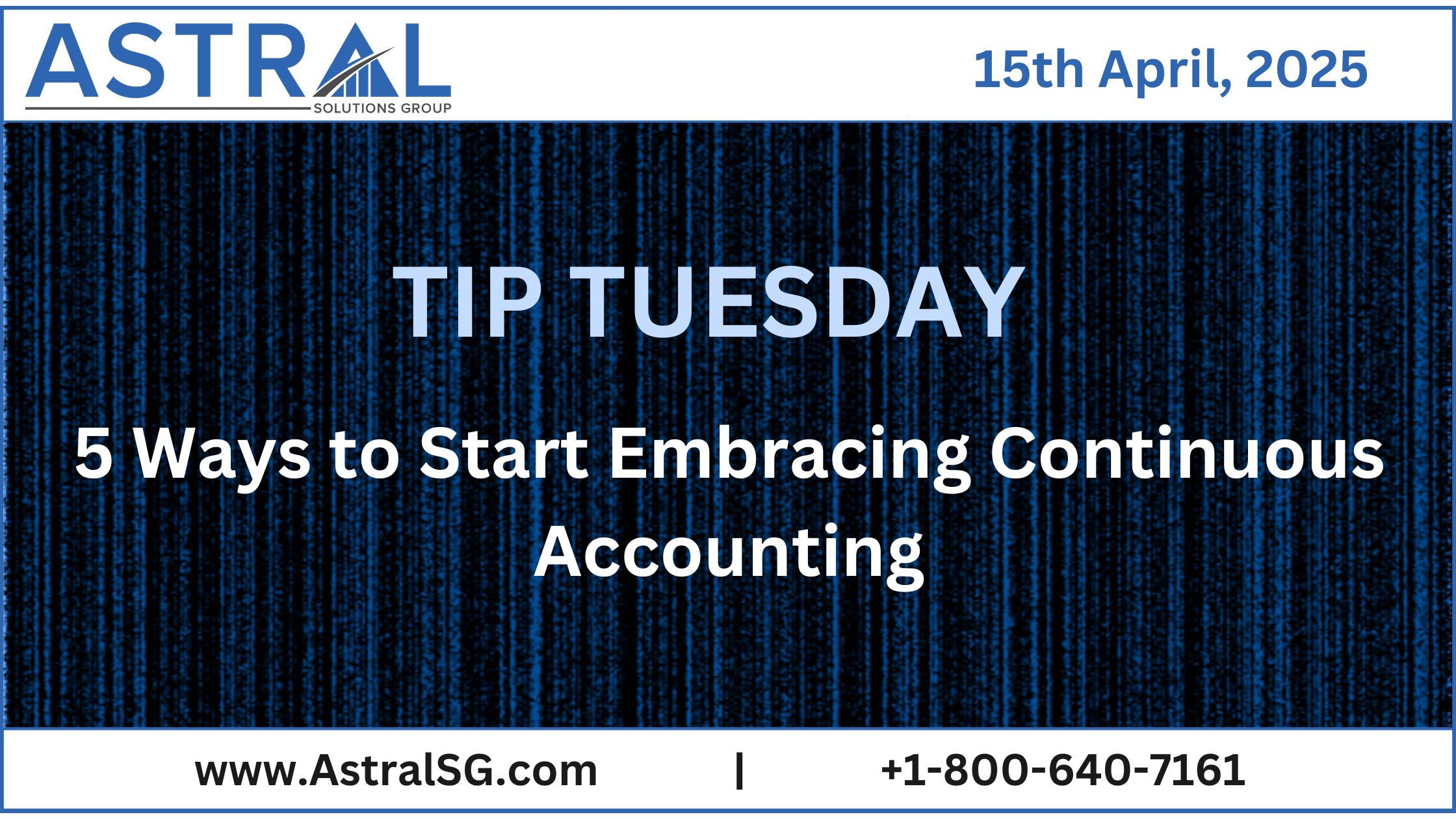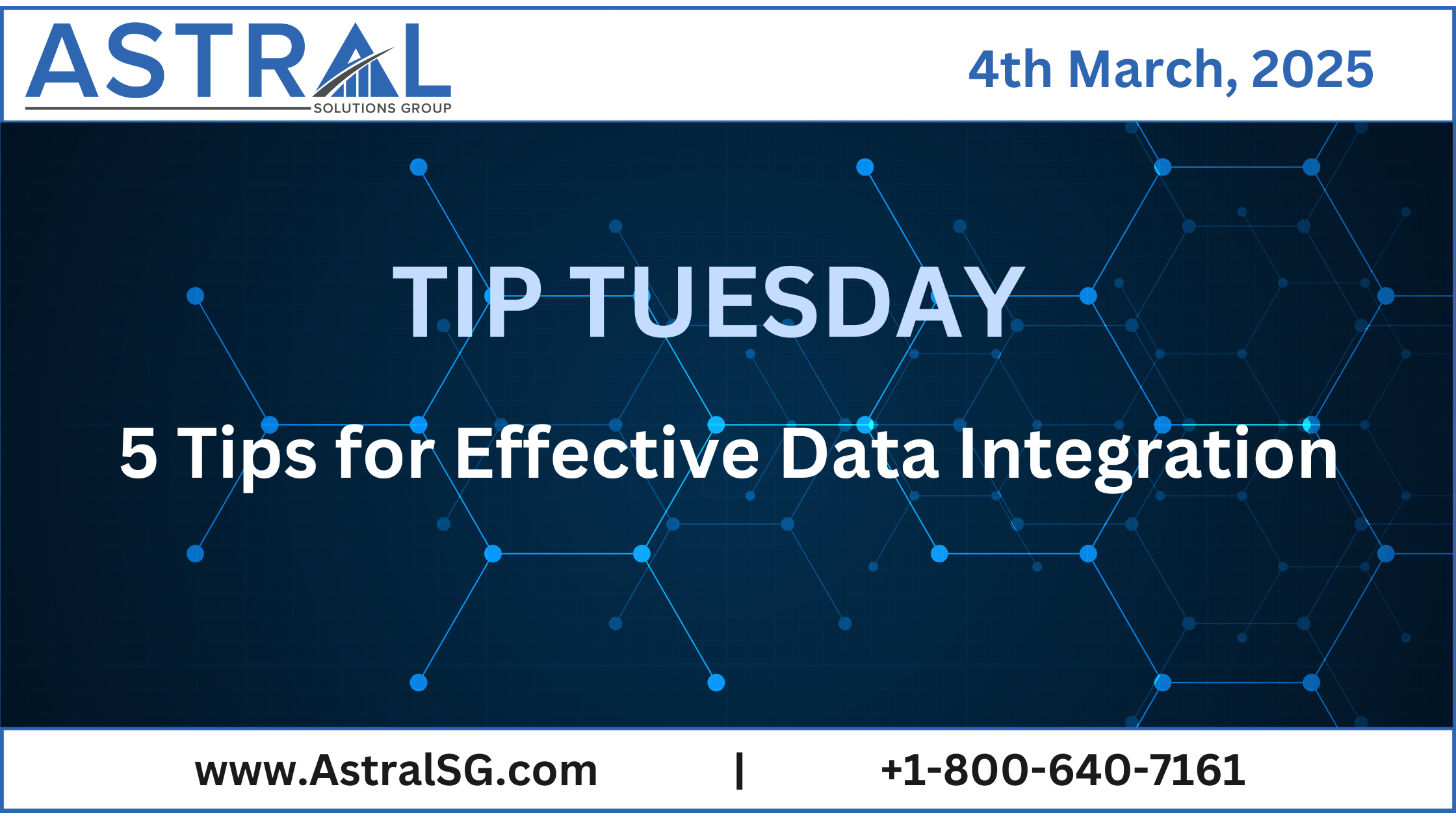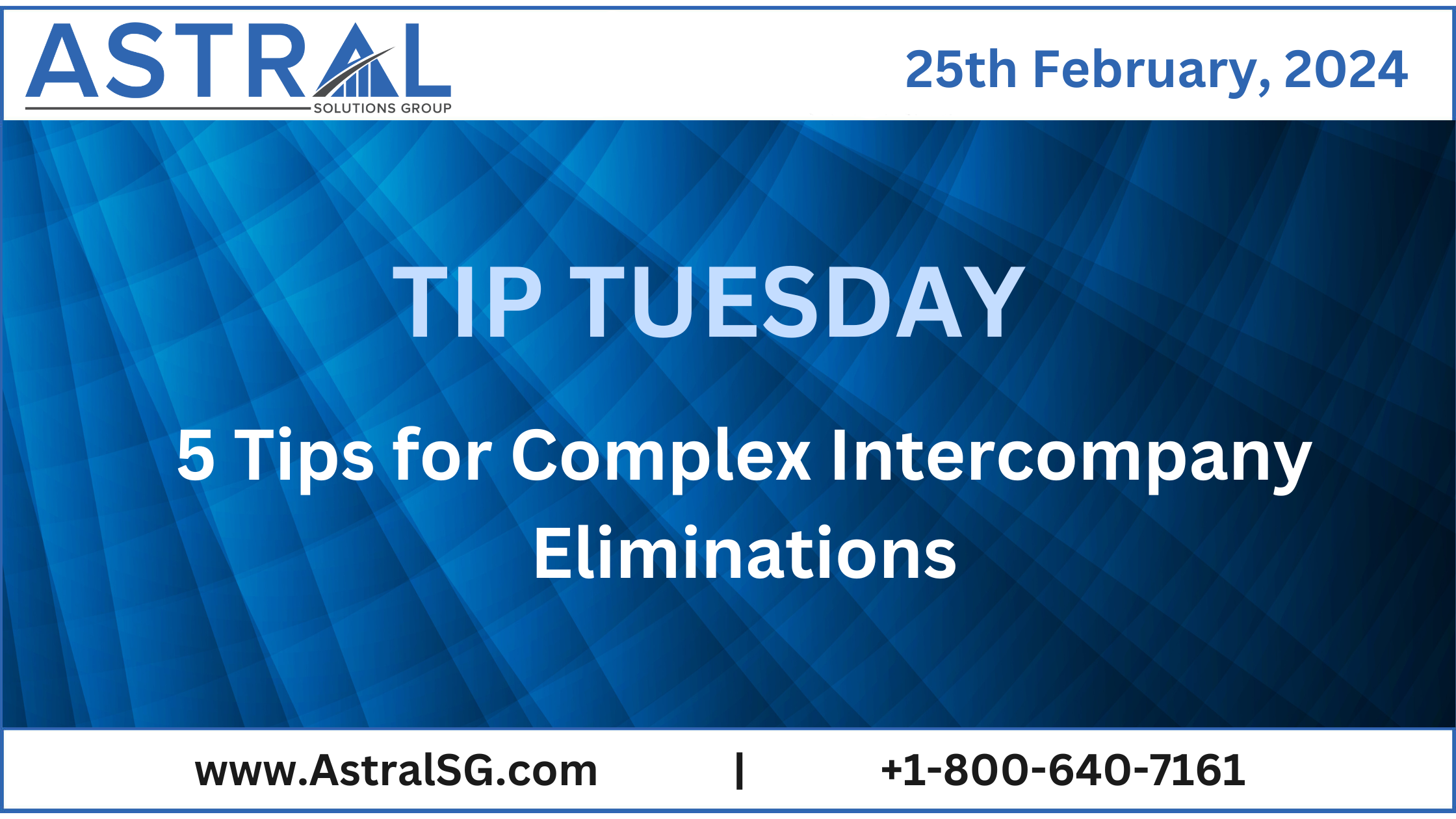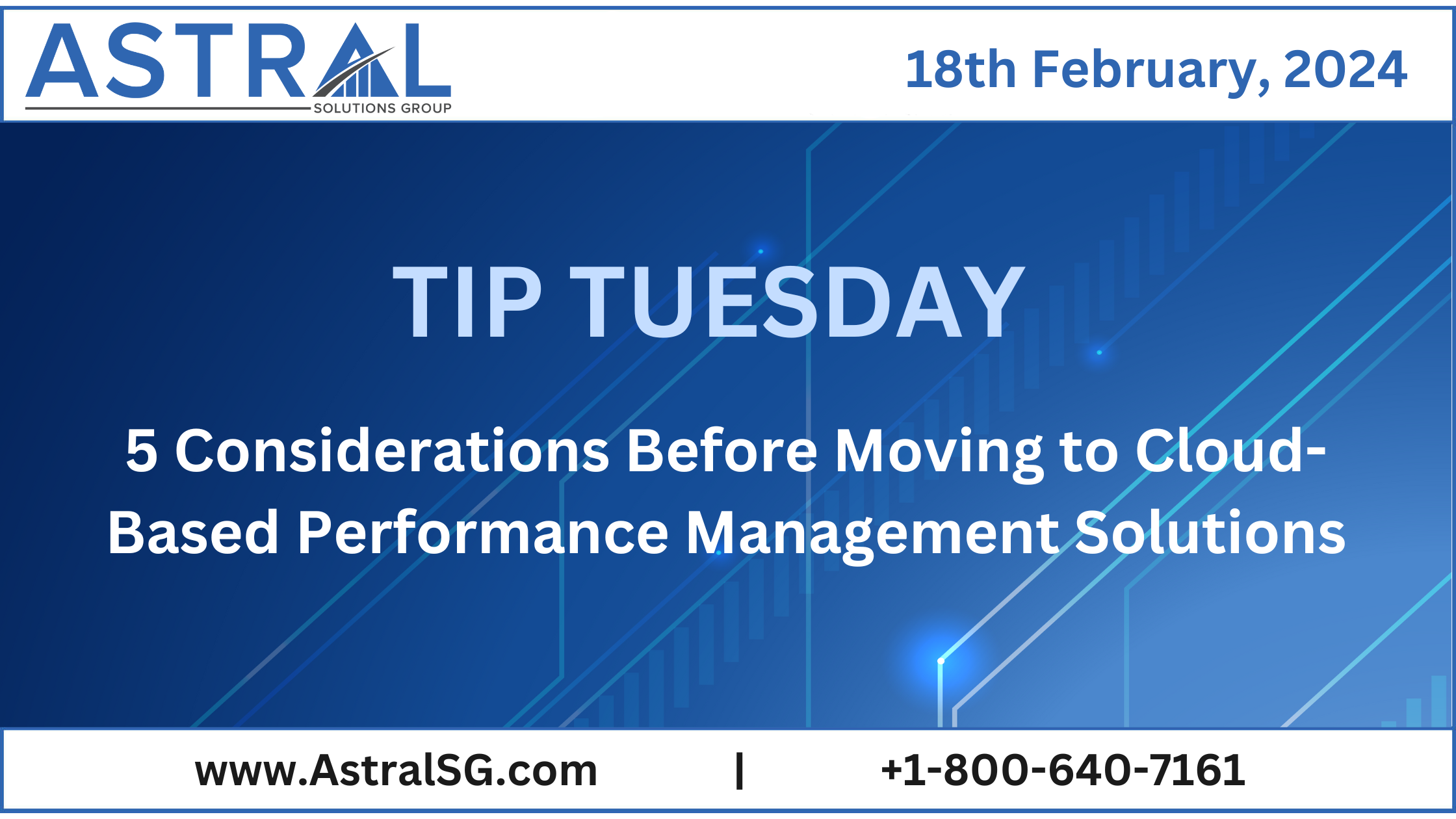Tip Tuesday: Finance Functions You Can Do with CPM Express
Ready to move faster, plan smarter, and report with confidence? CPM Express brings everything together — close, plan, and report in one streamlined solution. 1. Close & Consolidation Automate intercompany eliminations & currency conversions Centralize multi-entity data in one place Shorten your close cycle from
Tip Tuesday: What to look for in your CPMExpress Implementation Partner
Choosing the right partner for your CPM Express implementation isn’t just about technical expertise—it’s about setting your finance team up for long-term success. Don’t settle for a generic deployment. Look for a partner who brings strategy, structure, and support to the table. 1. Expert Guidance
Tip Tuesday: Key Benefits of CPM Express
Still relying on spreadsheets for close, planning, and reporting? CPM Express helps growing finance teams modernize without the complexity of large-scale systems. 1. Rapid Deployment Implement CPM Express within 6-8 weeks, ensuring a swift transition to a modern financial management system. 2. Enhanced Planning Cycles
Tip Tuesday: Key Features of CPM Express
Still using spreadsheets to manage your close and planning? Check out CPM Express — fast to deploy, easy to integrate, and built to scale. 1. Seamless Integration With built-in, click-to-configure data-quality and pre-defined load template formats. CPM Express connects effortlessly to the business systems you
Tip Tuesday: Common Pitfalls in Multi-Entity Financial Consolidation (And How to Avoid Them)
Consolidating finances across multiple entities isn’t just about rolling up numbers—it’s about getting it right. Watch out for these pitfalls: Inconsistent Accounting PoliciesAlign revenue recognition, expense categorization, and depreciation methods across all entities to avoid messy consolidations. Manual Data TransfersRelying on spreadsheets increases the risk
Tip Tuesday: Why Data Governance Is the Backbone of Financial Accuracy
In finance, one wrong number can lead to big consequences. That’s why strong data governance isn’t optional—it’s essential. Here’s how it supports better financial processes: Ensures Data IntegrityConsistent rules and validation checks reduce the risk of errors in reports and close cycles. Improves Audit ReadinessClear
Tip Tuesday: 5 Ways to Start Embracing Continuous Accounting
Thinking about adopting continuous accounting? You don’t have to flip a switch overnight—start here: Automate Repetitive Tasks FirstStart with bank reconciliations or journal entries to save time and reduce errors. Break Down Month-End into Daily or Weekly TasksSpread the work out to avoid last-minute crunch.
Tip Tuesday: Why “Soft Close” Should Be Part of Your Financial Close Strategy
A soft close is an underrated tactic that can seriously improve your month-end process. Here's why finance teams should consider it: Speeds Up the Hard ClosePerforming a soft close mid-month helps identify and fix discrepancies before crunch time. Improves AccuracyEarly reviews of accounts catch errors
Tip Tuesday: 5 Key Habits of Highly Data-Driven Finance Teams
A data-driven culture doesn’t happen overnight—it’s built through consistent habits. Here’s what top finance teams do differently: They Trust Data Over Gut FeelingsSuccessful finance teams rely on real-time analytics and financial models rather than intuition when making key decisions. They Keep Data Transparent & AccessibleA
Tip Tuesday: 5 Key Traits of a Modern Financial Leader in the Digital Age
As finance evolves with technology, today’s financial leaders need more than just number-crunching skills. Here’s what sets them apart: Tech-Savvy Decision MakingModern financial leaders leverage AI, automation, and data analytics to enhance forecasting and drive smarter business strategies. Agility in a Changing MarketThe digital age
Tip Tuesday: How Behavioral Biases Impact Financial Planning
Behavioral economics reveals how biases affect financial decisions. Here are five key biases to watch out for: Anchoring BiasWe tend to rely too heavily on the first piece of information we see. When budgeting or investing, compare multiple options instead of sticking to an initial
Tip Tuesday: 5 Easy Ways to Leverage Analytics in Finance
Analytics can transform how you manage your finances—even simple steps can make a big difference. Here are five beginner-friendly tips to get you started: Identify Key MetricsDetermine the financial KPIs that matter most to your business (like cash flow, revenue growth, or expense ratios) to
Tip Tuesday: 5 Tips for Effective Data Integration
Getting your financial data from different systems into one place doesn’t have to be complicated. Here are 5 beginner-friendly tips to help you get started: Identify Key Data SourcesMake a list of where your financial data comes from—like ERP systems, spreadsheets, or CRM platforms—so you
Tip Tuesday: 5 Tips for Complex Intercompany Eliminations
Managing intercompany eliminations across global entities can be challenging. Here’s how to master it: Map Intercompany Transactions Thoroughly Develop a detailed map of all intercompany transactions to ensure every elimination entry is identified and accurately recorded. Automate Eliminations & Currency Conversions Leverage specialized software that
Tip Tuesday: 5 Considerations Before Moving to Cloud-Based Performance Management Solutions
Before transitioning to a cloud-based performance management solution, consider these key factors: Integration CompatibilityEnsure the new solution integrates seamlessly with your existing systems (ERP, CRM, etc.) to maintain data consistency and streamline workflows. Security and ComplianceEvaluate the platform’s security measures, data encryption standards, and compliance



